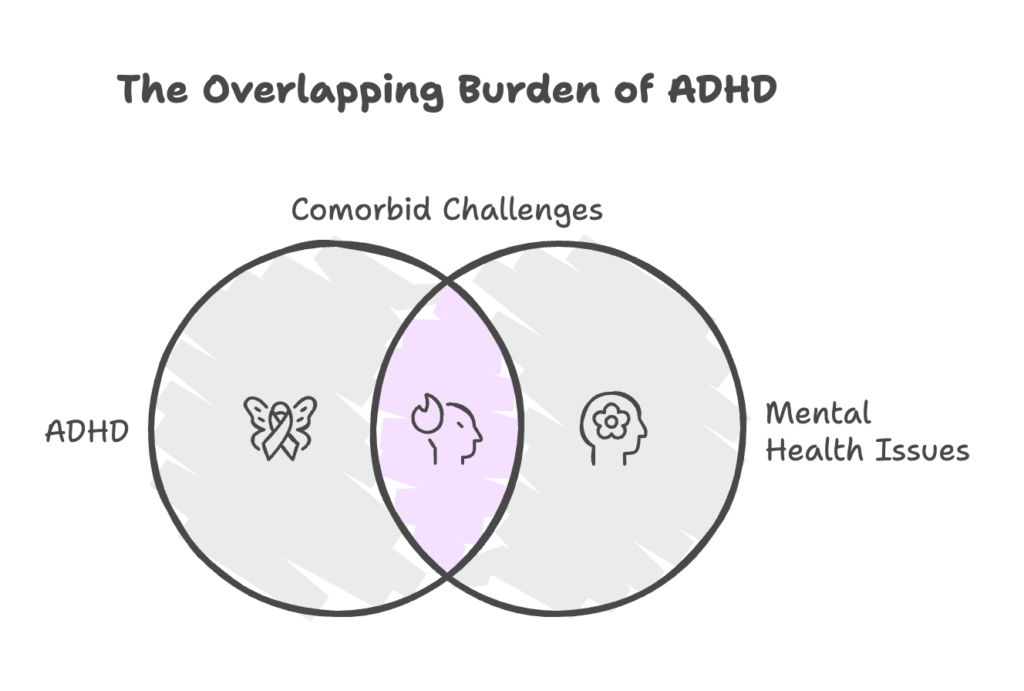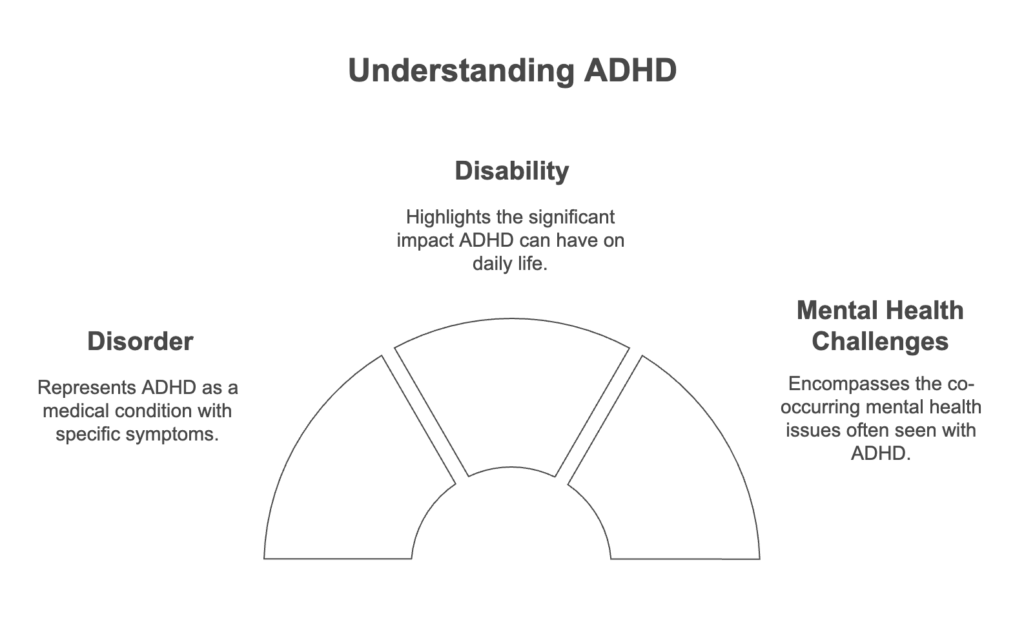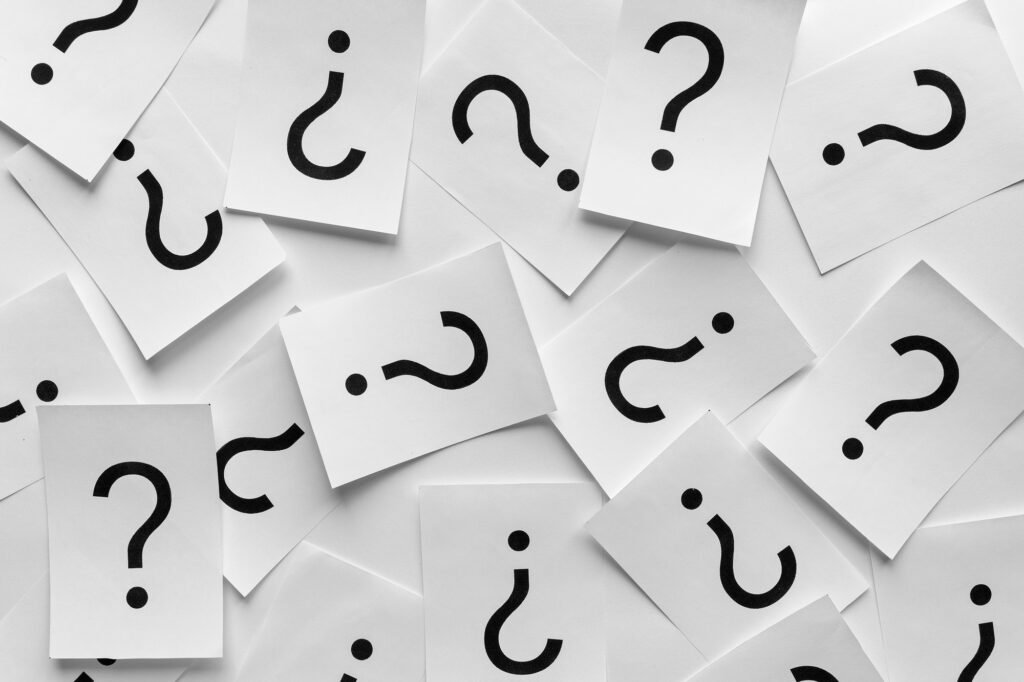ADHD as a Disability: When Challenges Interfere with Life
ADHD can qualify as a disability, particularly under legal frameworks like the Americans with Disabilities Act (ADA). Why? Because its symptoms—poor focus, impulsivity, and executive dysfunction—can significantly limit major life activities such as work, education, and relationships.
I’ve seen firsthand how untreated ADHD creates hurdles that feel insurmountable. Missing deadlines, forgetting key details, or struggling to manage daily tasks are not just “quirks”—they can derail careers, relationships, and mental health. When these challenges interfere with living a “normal” life, ADHD meets the criteria of a disability.
The ADA ensures accommodations for individuals whose ADHD impacts their daily functioning. Examples include extended time for tests or flexible work schedules. For some, these accommodations can be life-changing. If you’re wondering if ADHD might qualify as a disability in your life, consider its impact on your ability to function—not just in one area but across the board.

ADHD as a Mental Illness: A Complicated Overlap
ADHD often comes with emotional and mental baggage, such as anxiety, depression, or low self-esteem. However, it’s not traditionally categorized as a “mental illness” in the same way as conditions like schizophrenia or bipolar disorder. Instead, ADHD is considered a neurodevelopmental disorder.
Yet, this distinction can feel like splitting hairs. When my ADHD goes unmanaged, the emotional fallout—shame from forgetfulness, anxiety from missed opportunities—feels like a mental illness. Studies show that people with ADHD are more likely to develop mood disorders. This research highlights the high comorbidity rates between ADHD and other mental health issues.
In essence, while ADHD isn’t technically a mental illness, it often exists within a web of mental health challenges. Treating ADHD often requires addressing these overlapping conditions simultaneously.

ADHD as a Disorder: The Core Definition
At its heart, ADHD is a disorder. The “D” in ADHD—Attention-Deficit/Hyperactivity Disorder—makes that clear. It’s classified this way because it disrupts the brain’s ability to regulate attention, impulses, and activity levels. It’s not a personal failing or a lack of effort. It’s a disorder rooted in neurobiology.
From my perspective, understanding ADHD as a disorder provides clarity. It removes the shame that society sometimes places on those of us who “just can’t get it together.” ADHD is a legitimate, diagnosable condition with specific symptoms and treatments. It’s not a choice—it’s a challenge we must learn to navigate.
Complexity of ADHD
ADHD is all of these things: a disorder, a disability (when it severely impacts life), and a condition often entangled with mental health challenges. Understanding these distinctions helps us advocate for ourselves and seek the right support.
The critical takeaway? ADHD doesn’t have to define your potential, but acknowledging its impact can empower you to seek help and thrive. If you suspect ADHD is affecting your life, reach out to a professional who can guide you through diagnosis and treatment options. It’s not about labeling yourself—it’s about unlocking the tools and understanding needed to live a fulfilling











